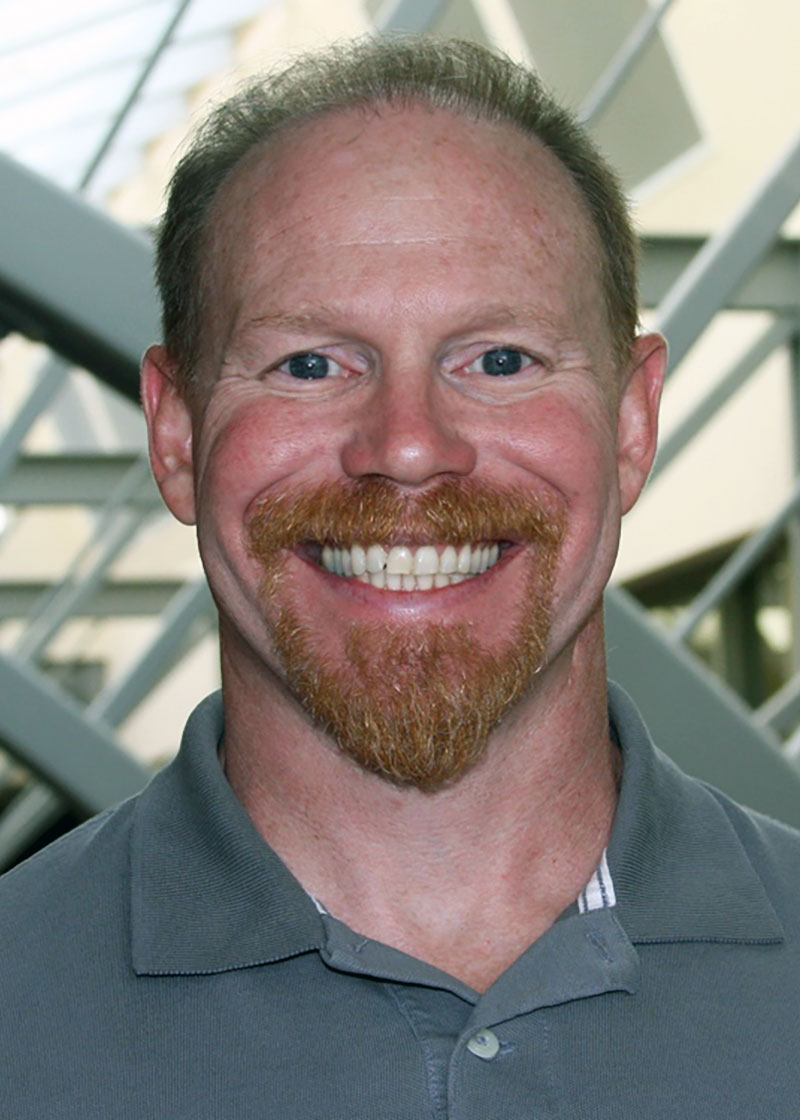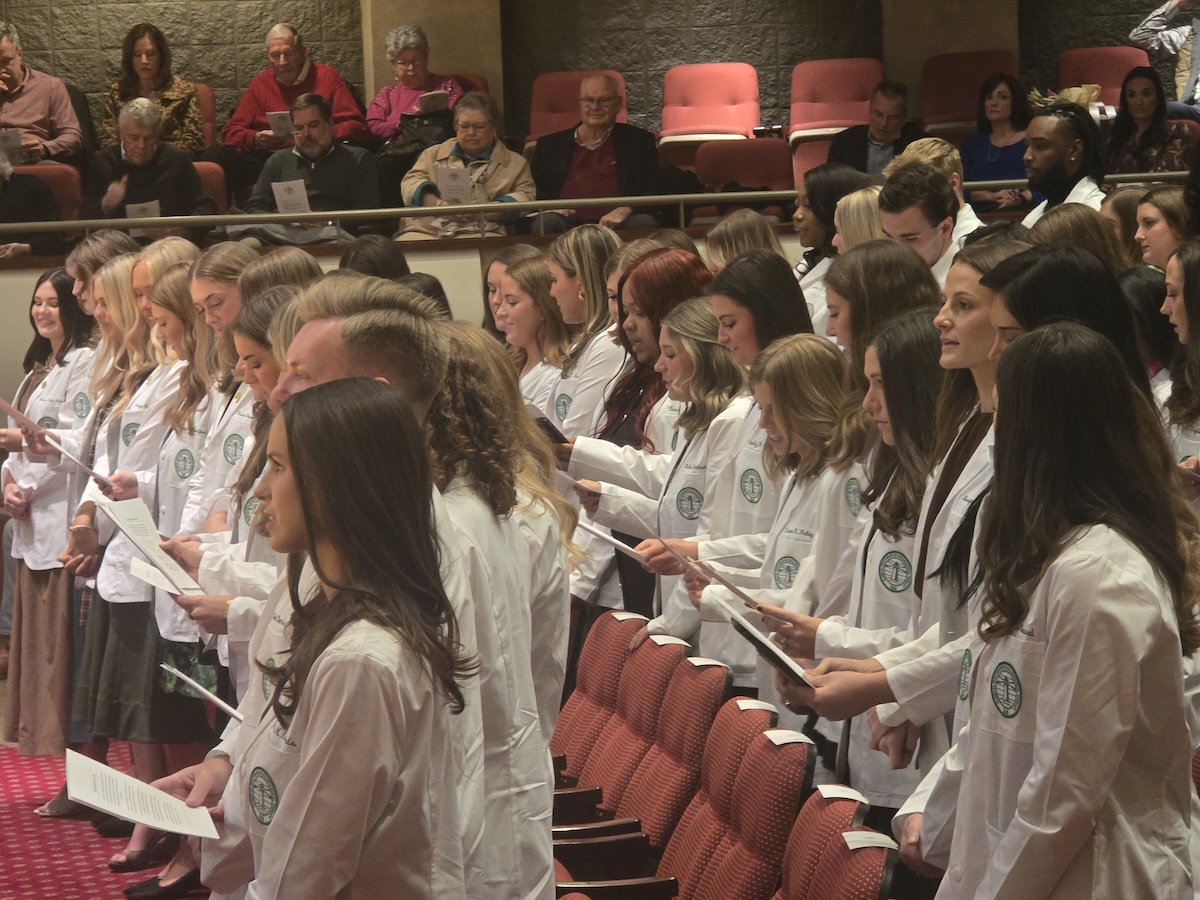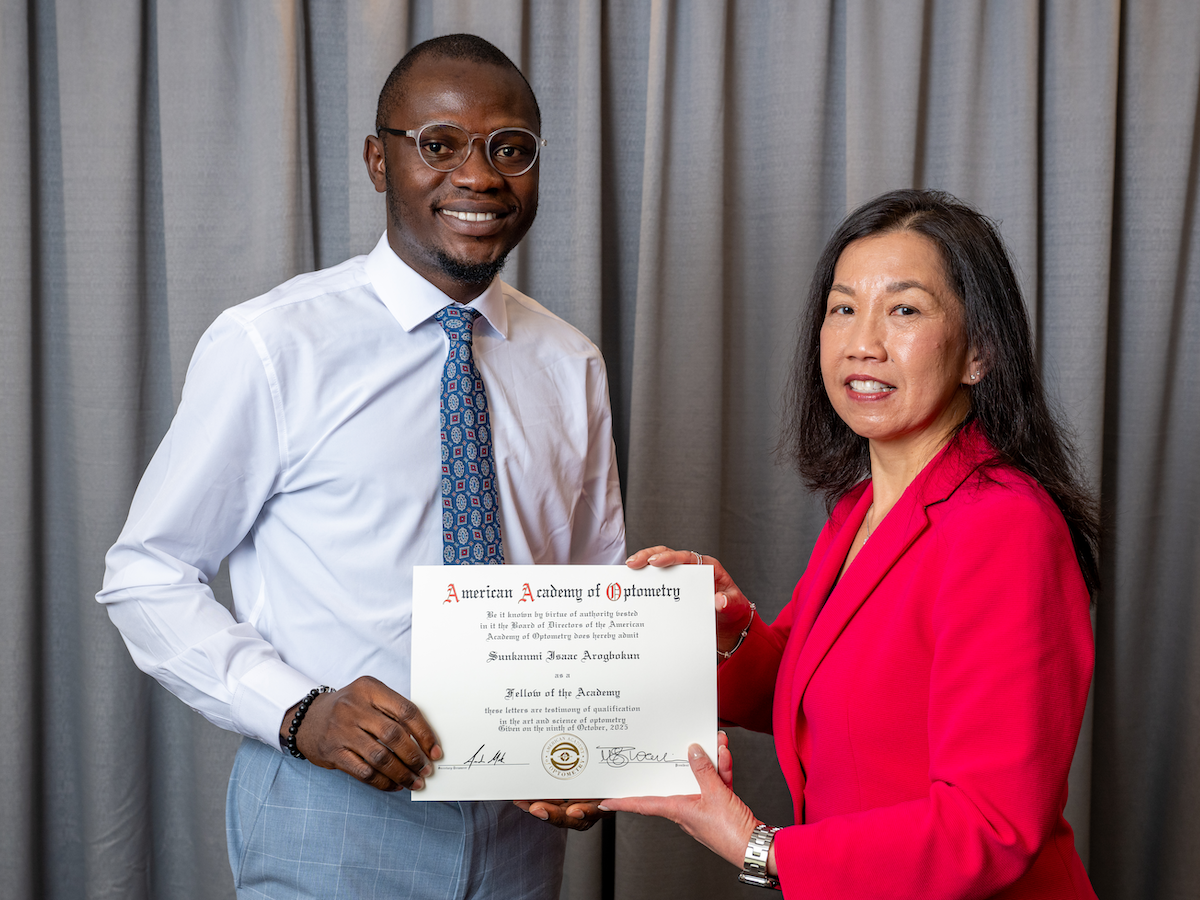 Dr. Justin LaFerrier The seminar series hosted by CEDHARS continued with a presentation on a novel approach to neurodegenerative geriatric conditions, and the center is excited to welcome adaptive sports expert Dr. Justin LaFerrier today.
Dr. Justin LaFerrier The seminar series hosted by CEDHARS continued with a presentation on a novel approach to neurodegenerative geriatric conditions, and the center is excited to welcome adaptive sports expert Dr. Justin LaFerrier today.
Dr. Madeleine Hackney, associate professor at Emory University School of Medicine in the Division of Geriatrics and Gerontology, gave a seminar titled “The Application of Dance for Rehabilitation of Neurodegenerative Disease and Geriatric Conditions.”
Hackney is a research scientist in the Center for Visual and Neurocognitive Rehabilitation at the Atlanta Veteran’s Association. Combining her skills from a bachelor’s degree in dance performance from New York University and her doctorate in movement science from Washington University, Hackney’s work focuses on using dance as a therapy for improving motor, cognitive and psychosocial outcomes in older adults with neurodegenerative diseases and other geriatric conditions.
Returning to New York after international stops as a dancer and instructor, Hackney came up with the idea for dance as a therapy when she grew more familiar with Argentinian tango. Since, much of her research has focused on applications for Parkinson’s disease, and she has moved toward looking at Alzheimer’s and others, as well.
Most of Hackney’s therapeutic approaches are tango-abstracted movement. Hackney explained past science believed the brain finishes developing at roughly 25 years, but that’s now understood to be a misnomer – the brain is constantly adapting and absorbing experiences. With the creativity and complexity of dance, Hackney said the process of learning dance expands neural plasticity, which reduces the symptoms associated with neurodegenerative diseases.
“Think about what you’re doing because it actually impacts what you become,” Hackney said. “Lots of evidence shows it’s important to challenge your brain with both new activities and experiences, and the arts may be a fantastic way to challenge your brain to new experiences because of the creativity involved, because of the new thing you’re learning, because of the impressive nature of it. The benefits increase when the challenges are ongoing like regular movement or dance therapy perhaps.”
The Speaker Series continues today, featuring adaptive sports expert Dr. Justin LaFerrier. Making his way from the University of Rhode Island his seminar is titled “The Benefits of Adaptive Sports.”
His academic focus and expertise is in biomechanics, amputation and polytrauma rehabilitation, adaptive sport and rehabilitation engineering.
LaFerrier is a veteran of the U.S. Marines and U.S. Army and has worked all over the world evaluating and treating some of the most severe and complex conditions found today. He currently sees patients in addition to his academic duties at URI.

